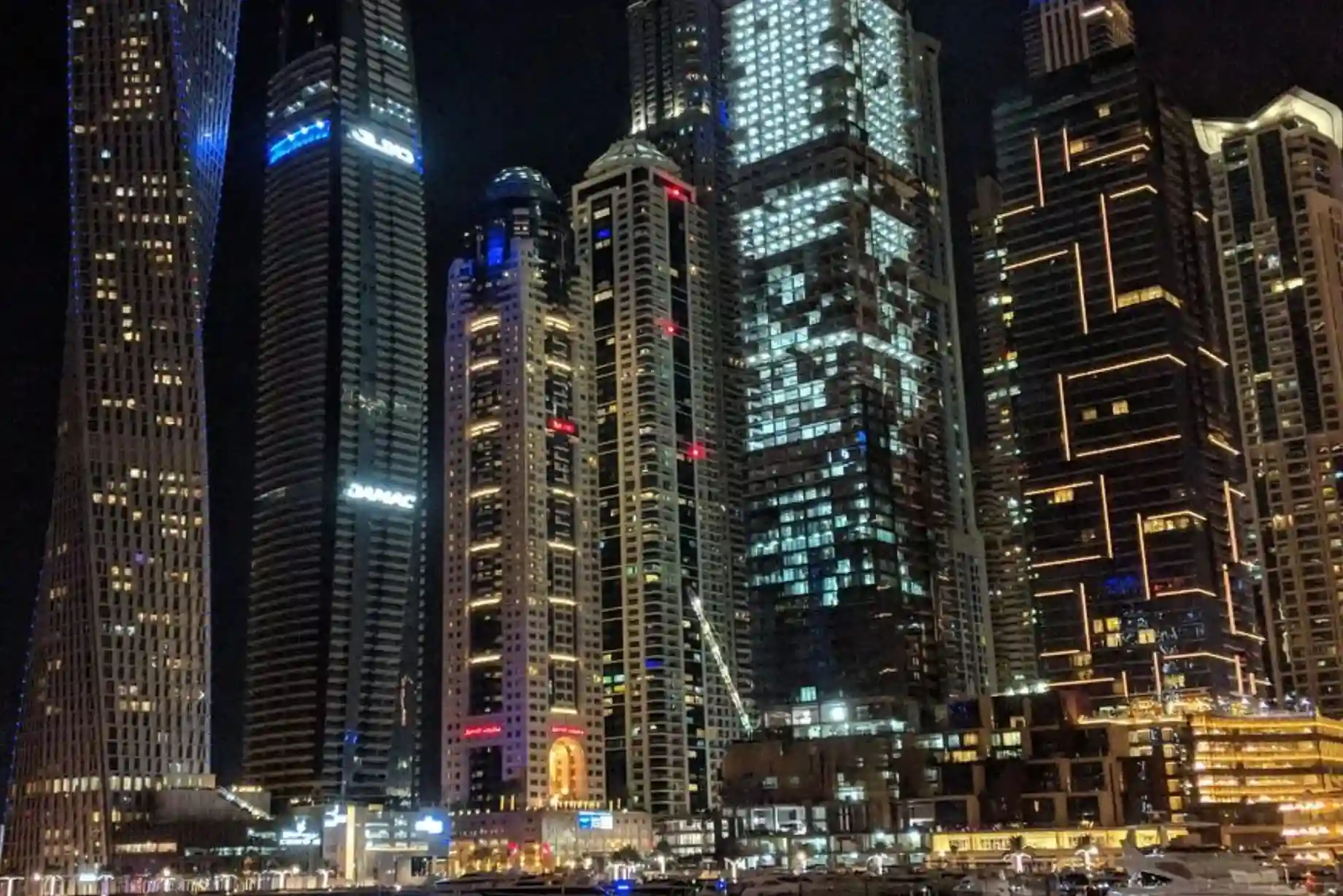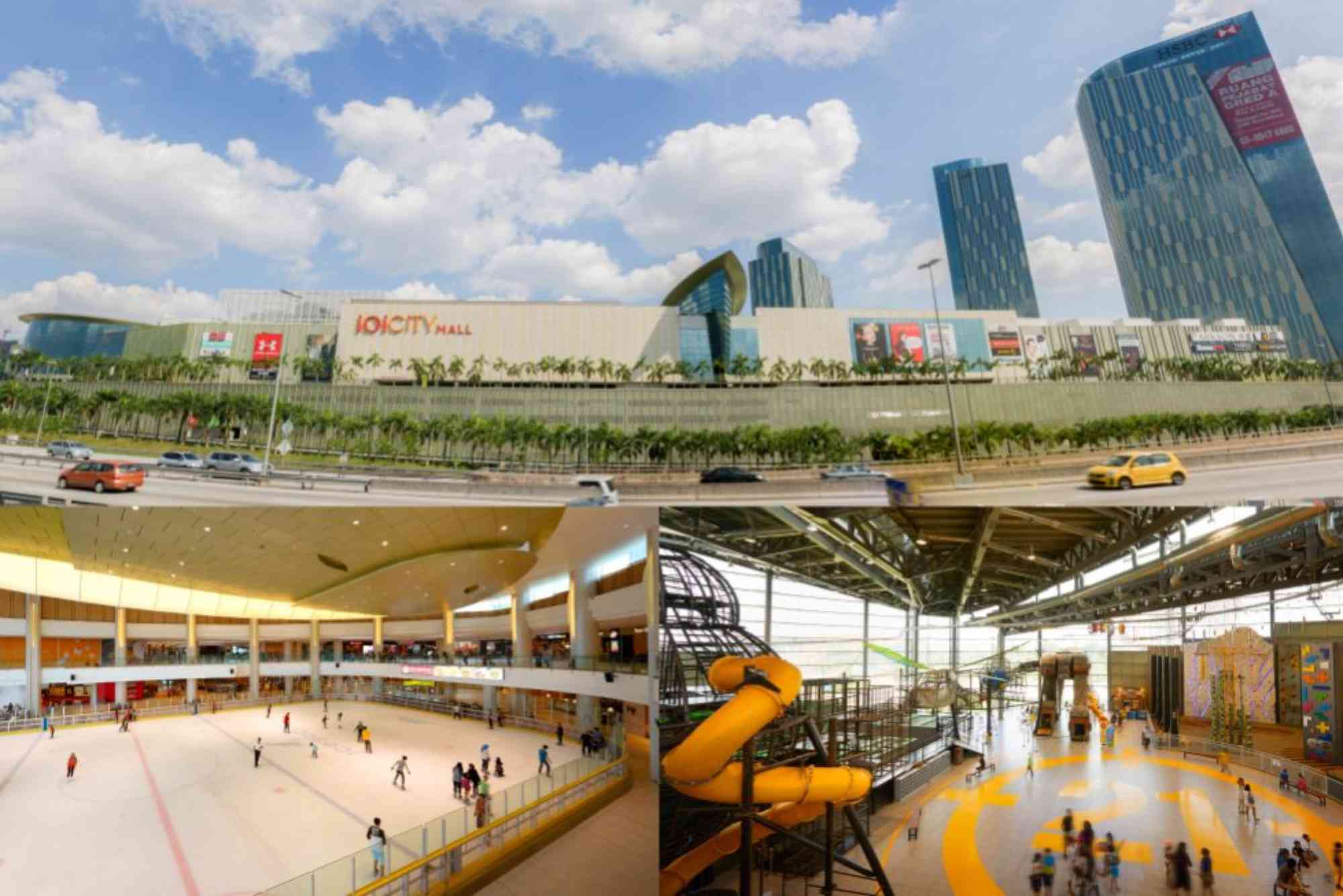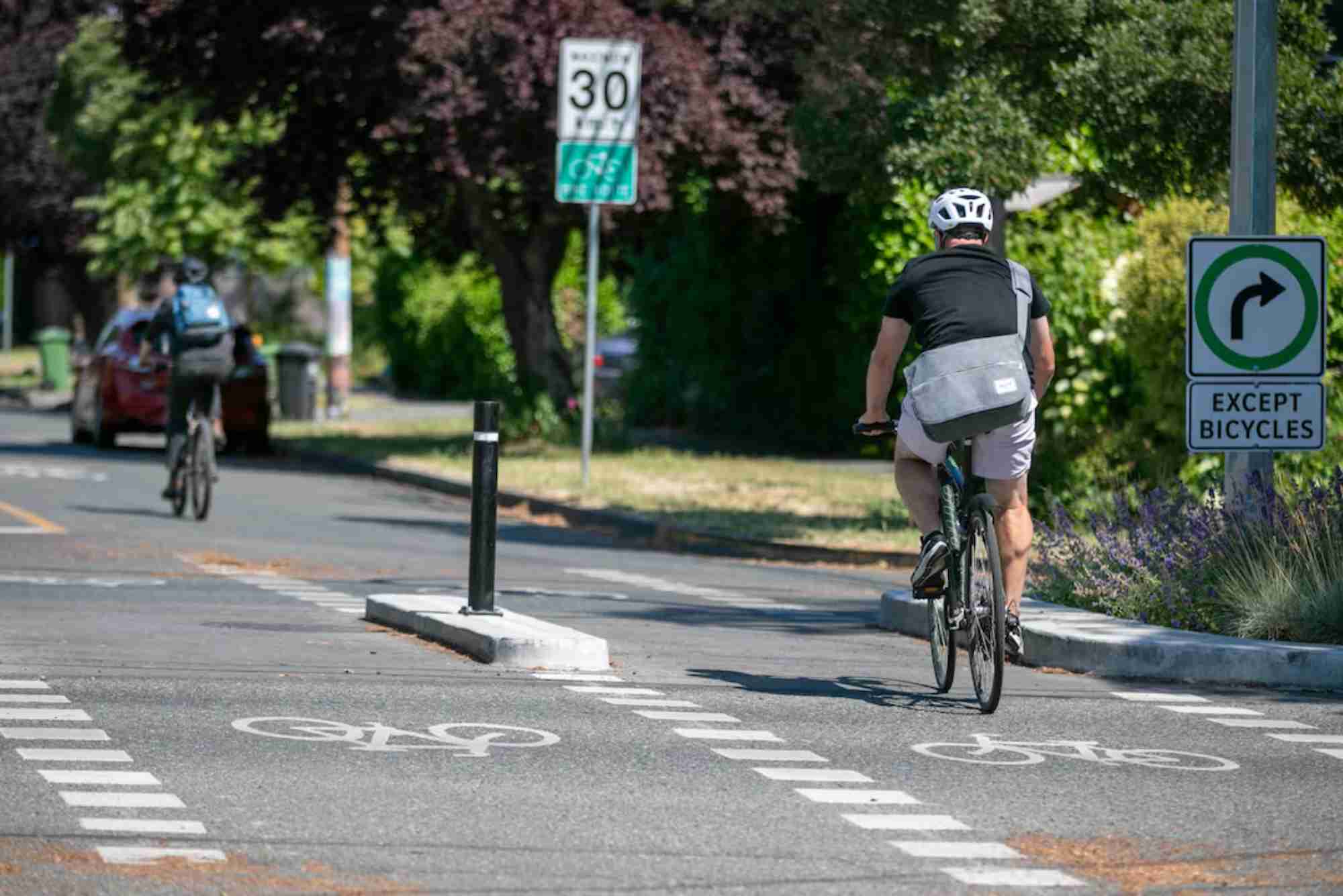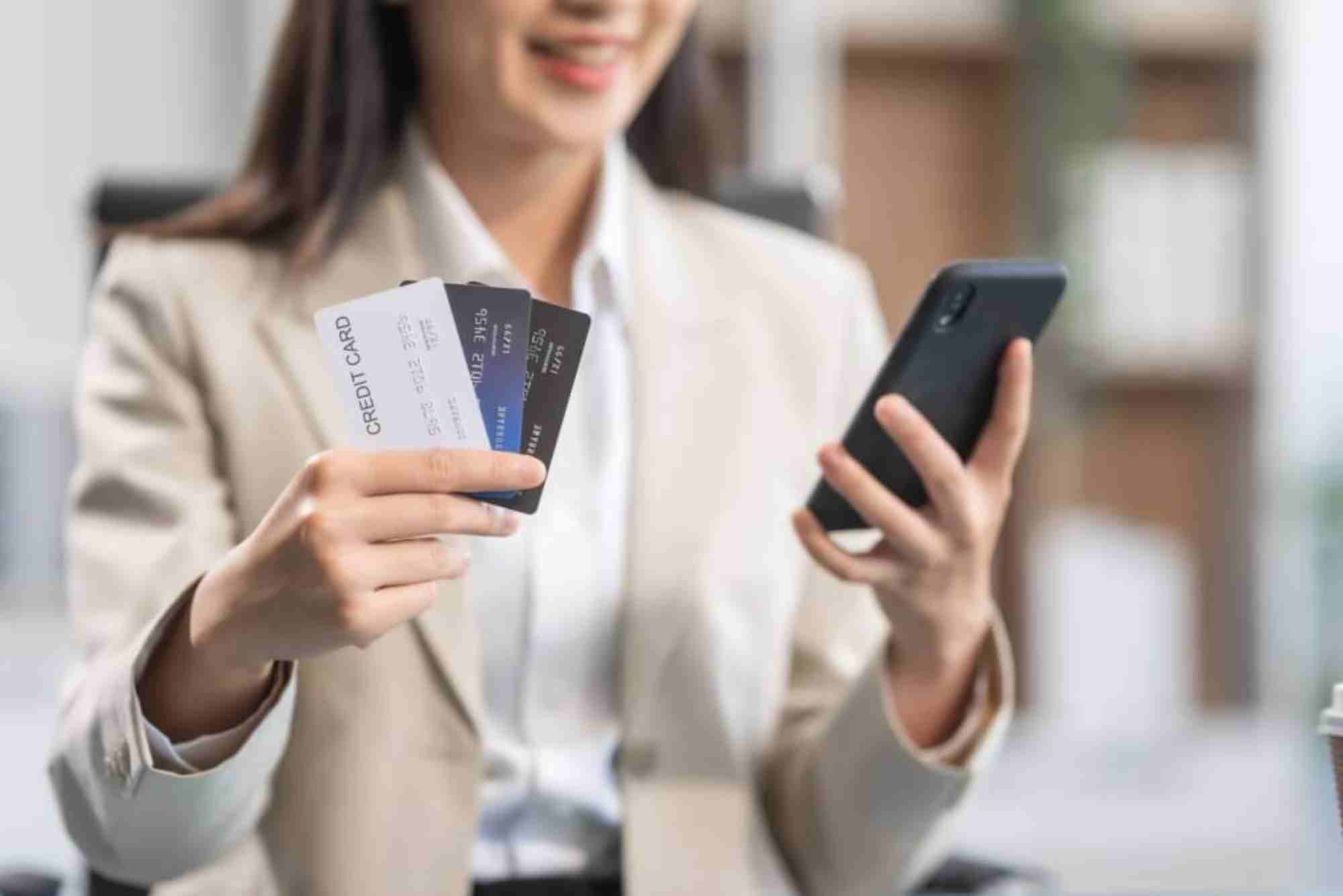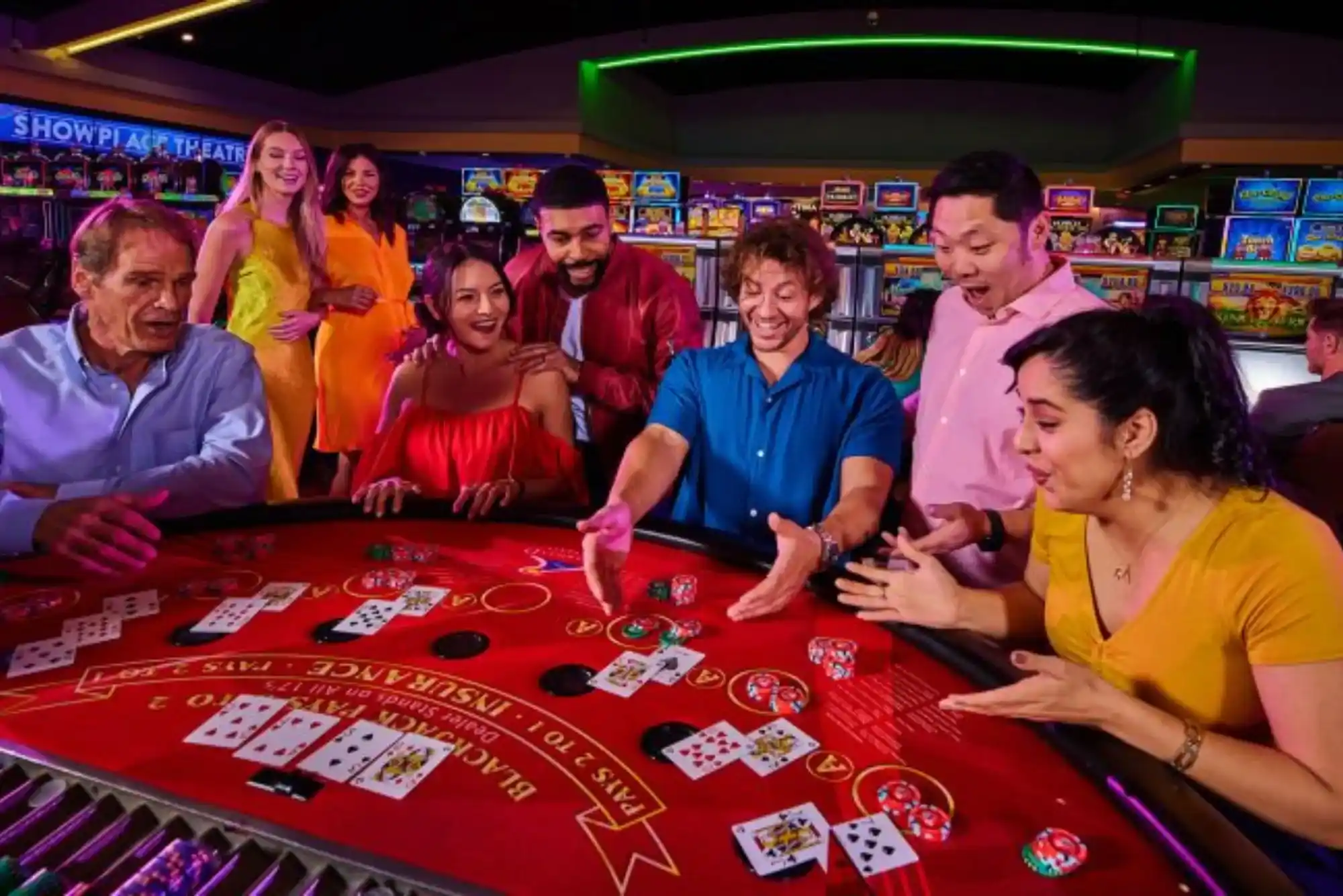In Dubai’s fast-paced digital landscape, creating one guest post is only half the battle — repurposing that content for different social media platforms is where you maximize ROI. The city’s businesses thrive on content that resonates with audiences on Instagram, LinkedIn, TikTok, and X (Twitter), but most brands fail to adapt posts effectively.
With help from a Seo Expert Dubai, repurposing content can transform a single guest post into a multi-platform campaign tailored for Dubai’s unique audience.
Why repurposing guest posts is essential in Dubai
Quick Answer: Repurposing extends your content’s life, increases reach, and adapts messaging for different Dubai social audiences.
Dubai’s content environment is highly competitive, with over 98% of residents active on social media (Hootsuite, 2024). A guest post targeting corporate decision-makers on LinkedIn won’t resonate the same way on Instagram, where visual storytelling rules. Repurposing lets you:
-
Target different audience segments.
-
Optimize for each platform’s algorithm.
-
Save time while maintaining quality.
Example: A tourism startup in Dubai turned a single guest post into 12 short TikTok videos, doubling traffic in one month.
How to identify evergreen guest post opportunities
Quick Answer: Focus on posts that remain relevant for 12–24 months and address recurring Dubai industry trends.
Evergreen guest posts — such as “Top Digital Marketing Trends in Dubai” — can be repurposed for months without losing impact. Look for:
-
Topics with long-term search interest (via Google Trends UAE).
-
Posts aligned with Dubai’s government-backed initiatives like Dubai Digital Economy Strategy.
-
Content that solves timeless local problems, e.g., business licensing or tourism promotion.
Pro Tip: Archive your top-performing guest posts quarterly to identify repurposing candidates.
Choosing the right format for each platform
Quick Answer: Match your guest post’s content type to the most engaging format for each social platform in Dubai.
-
Instagram: Carousel posts with 3–5 key takeaways.
-
LinkedIn: Data-driven insights with Dubai-specific case studies.
-
TikTok/Reels: Short, visually engaging summaries of core points.
-
X (Twitter): Thread-style breakdowns with trending Dubai hashtags.
Mahra Shahzad, Digital Strategist at Mahra Shahzad Technical Services, notes:
“Dubai’s diverse audience expects cultural relevance. What works on LinkedIn for investors may flop on TikTok for Gen Z — format tailoring is non-negotiable.”
Leveraging visuals for Dubai audiences
Quick Answer: Use localized visuals that reflect Dubai’s culture, skyline, and events for higher engagement.
Images and videos that feature Burj Khalifa, Dubai Expo legacy projects, or Ramadan festivities perform better with UAE-based audiences. Keep in mind:
-
Always use high-quality visuals licensed for commercial use.
-
Incorporate bilingual captions (English + Arabic) when targeting wider demographics.
-
Use color schemes consistent with Dubai brand aesthetics — gold, white, and deep blue often resonate well.
Timing your repurposed posts for maximum impact
Quick Answer: Post during peak engagement hours tailored to Dubai’s timezone (GST).
Studies show that Dubai’s highest engagement times are:
-
Instagram: 7–9 PM GST
-
LinkedIn: 8–10 AM GST (workday mornings)
-
TikTok: 9–11 PM GST
Scheduling posts in line with these times can significantly boost impressions and click-through rates.
Integrating SEO principles into repurposed content
Quick Answer: Maintain keyword optimization even when adapting for social platforms.
Repurposing is not just copy-paste — ensure SEO value carries over:
-
Retain primary keywords in captions and descriptions.
-
Use hashtags strategically: mix trending Dubai hashtags with niche tags.
-
Link back to the original guest post to preserve authority.
Partnering with a Guest Posting Agency for scaling
Quick Answer: A professional partner ensures consistent repurposing while preserving brand voice.
If you’re aiming to scale repurposing for multiple guest posts each month, a Guest Posting Agency can help with:
-
Content calendar creation for Dubai’s events (Gitex, Dubai Shopping Festival).
-
Local influencer collaborations.
-
Cross-platform performance analytics.
Measuring ROI of repurposed guest posts in Dubai
Quick Answer: Use platform analytics to track engagement, reach, and conversions.
Key metrics to track:
-
Engagement rate per platform.
-
Click-through rate to your website.
-
Conversion rate for leads generated from repurposed content.
Example: A fintech startup in DIFC tracked a 43% higher CTR from LinkedIn posts repurposed from guest articles compared to original standalone posts.
Common mistakes to avoid in Dubai content repurposing
Quick Answer: Avoid one-size-fits-all posting and ignoring cultural context.
Mistakes to avoid:
-
Directly copying text from a blog post into Instagram captions.
-
Using visuals irrelevant to Dubai’s culture or audience.
-
Posting during off-peak hours without scheduling tools.
FAQs
1. How often should I repurpose a guest post in Dubai?
Every 3–4 weeks, depending on relevance and event tie-ins.
2. Which Dubai industries benefit most from repurposing guest posts?
Tourism, fintech, real estate, and luxury retail.
3. Can I repurpose the same post for Ramadan and non-Ramadan periods?
Yes, but adapt visuals and messaging to suit cultural sensitivities.
4. What tools help in repurposing content for Dubai social media?
Canva, Hootsuite, and Buffer with GST scheduling.
5. Should I translate guest post content for Arabic audiences?
If targeting wider demographics, bilingual content increases engagement.
6. How do I ensure my repurposed content follows Dubai regulations?
Follow UAE’s National Media Council guidelines and avoid restricted topics.
Final Thought
As a digital marketing consultant working closely with Dubai-based brands, I’ve seen first-hand how repurposing guest posts drives measurable growth. By adapting format, timing, and visuals for local audiences, businesses can stretch one article’s life across months of high-impact content. With Dubai’s vision for a 100% digitally integrated economy by 2031, mastering this strategy isn’t optional — it’s essential.

